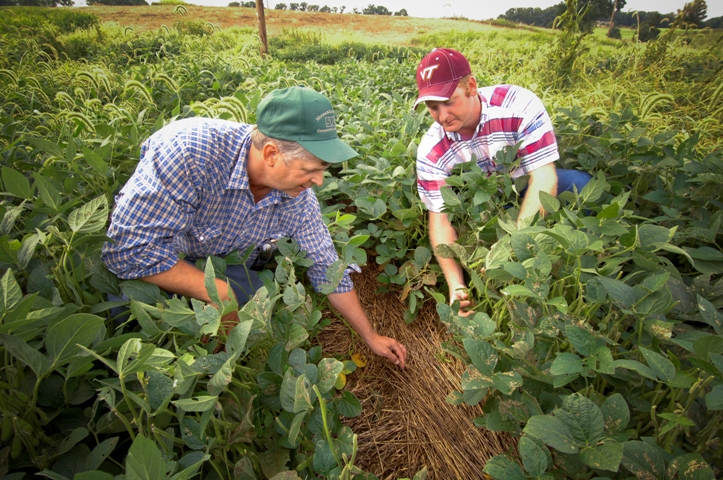World Bank approves US$35.5m loan to promote agro-ecological production in Uruguay
According to the Minister, the loan will strengthen Uruguay's course of action in research and innovation and improve the regulatory framework for monitoring and tracking the use and management of soils.

The World Bank Board approved a US$35.5 million loan to strengthen agricultural public systems and agricultural producers to boost climate change adaptation and mitigation actions and promote agro-ecological production. The goal is to ensure that farmers become more resilient and produce food in an environmentally sustainable manner and meet the most demanding international markets.
Fernando Mattos, Minister for Livestock, Agriculture, and Fisheries, said that the purpose of the loan is “to create a program that allows researching and developing the technological ways necessary to roll out a strategy that transversally incorporates agroecology as a key aspect in Uruguay's agricultural policies.” According to the Minister, the loan will strengthen Uruguay's course of action in research and innovation and improve the regulatory framework for monitoring and tracking the use and management of soils.
Weather shocks are increasing both in frequency and intensity due to climate change. They have become an additional threat to the Uruguayan economy and population. Making decisions relative to extreme weather events and efficiently managing the risks involved becomes critical for farmers and decision-makers. The loan will help create new systems to bolster agricultural traceability, adequate soil management, management and monitoring of chemical products, and climate risk analysis, while at the same time strengthening existing digital platforms.
“Consumers are becoming more and more sophisticated and demand food produced sustainably and responsibly. This project provides a new opportunity for Uruguay to continue enhancing its processes, incorporating new technologies and building the necessary capacity to be recognized internationally as an agro-smart country that competes with world leaders”, said Jordan Schwartz, World Bank Director for Argentina, Paraguay, and Uruguay.
In terms of the transition towards an agro-ecological production system, sustainable production of food will be promoted to ensure that Uruguayan products are locally and internationally recognized for their environmentally friendly production processes. More specifically, the technologies include, among others, the management of effluents —to improve water quality in the Santa Lucía River basin that supplies water to over 60 percent of the population in Uruguay—, improvement in crops and pasture rotation, use of bio-fertilizers, bio-pesticides, and the incorporation of traceability for agrochemical products.
The Agro-Ecological and Climate Resilient Systems loan will directly benefit 17,400 people, 40 percent of whom are rural women. Today, rural women account for only 28 percent of the total users of agro information systems. To encourage their participation, the project will provide electronic devices, technical assistance, and knowledge to around 2,000 rural women, to improve their digital literacy and the ability to use new knowledge to improve the quality of their produce.
The Uruguay agro-ecological and climate-resilient systems project is financed with a variable-spread loan, with a 14-year maturity period and a 5-year grace period.
- READ MORE ON:
- Uruguay
- World Bank
- Fernando Mattos
- climate change
ALSO READ
Yamandu Orsi: Modernizing Uruguay's Left with Business-Friendly Approaches
Delgado's Political Gamble: Veteran Senator Eyes Uruguay's Presidency
Uruguay's Pension Reform: A Clash of Economic Models Looms
Uruguay's Political Harmony: A Tension-Free Election Amidst Regional Polarization
Uruguay's Harmonious Election: Stability Amidst Key Reforms










